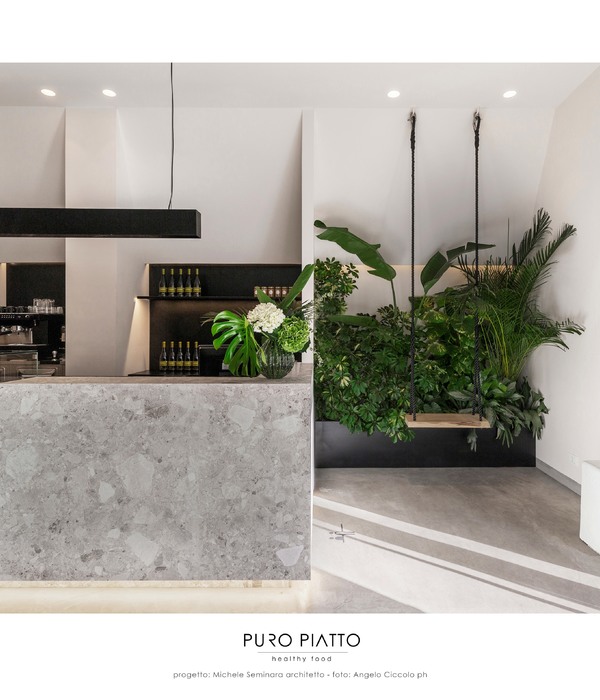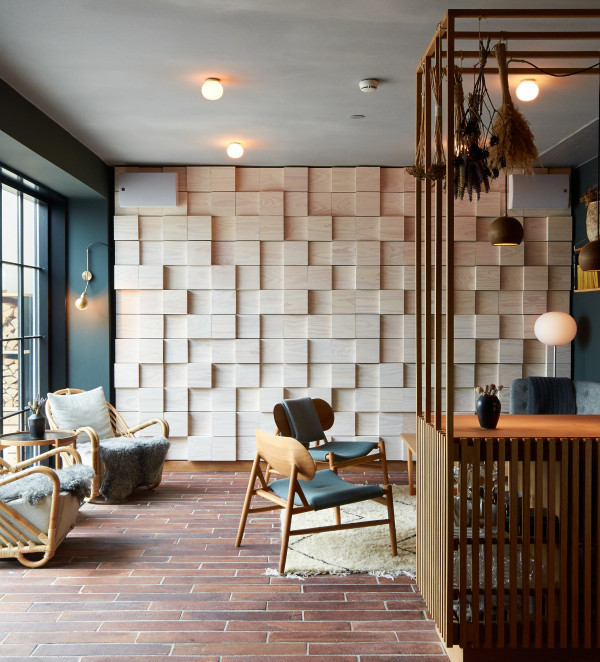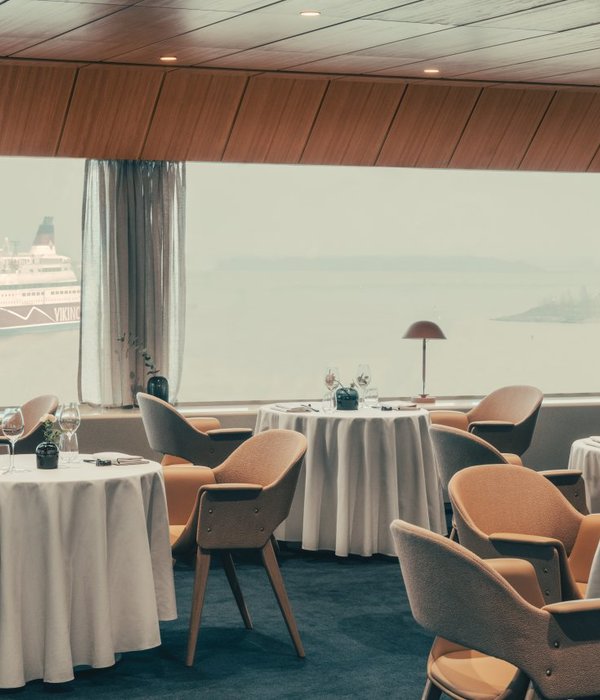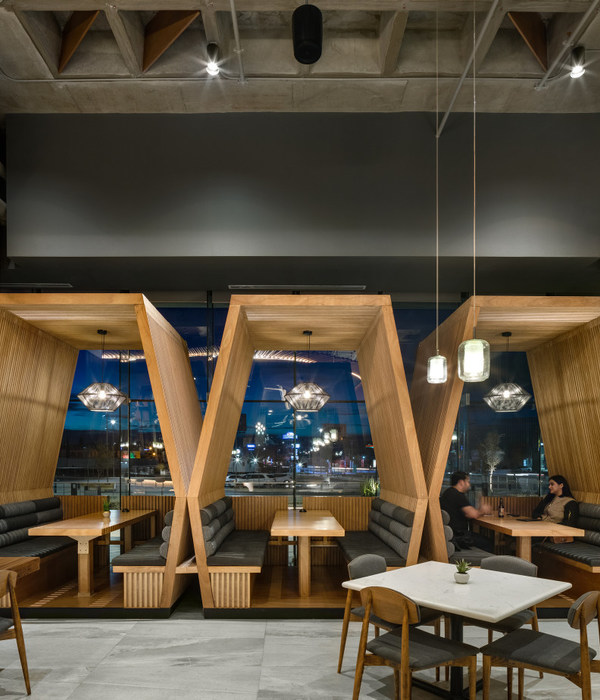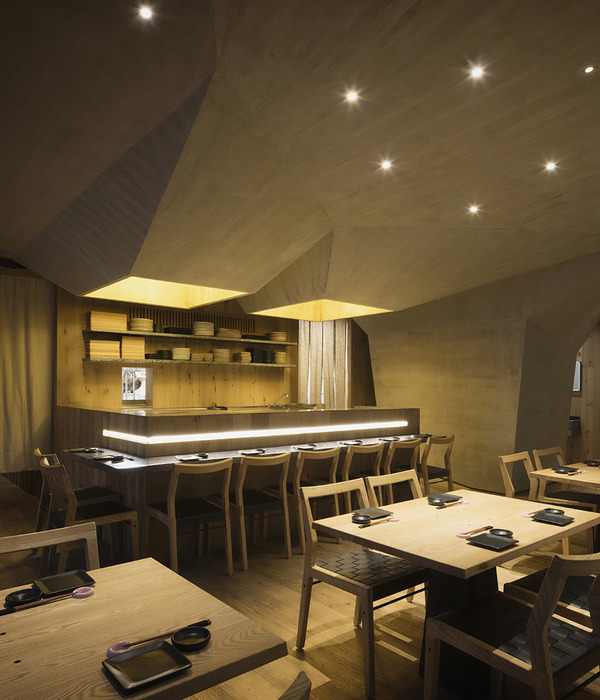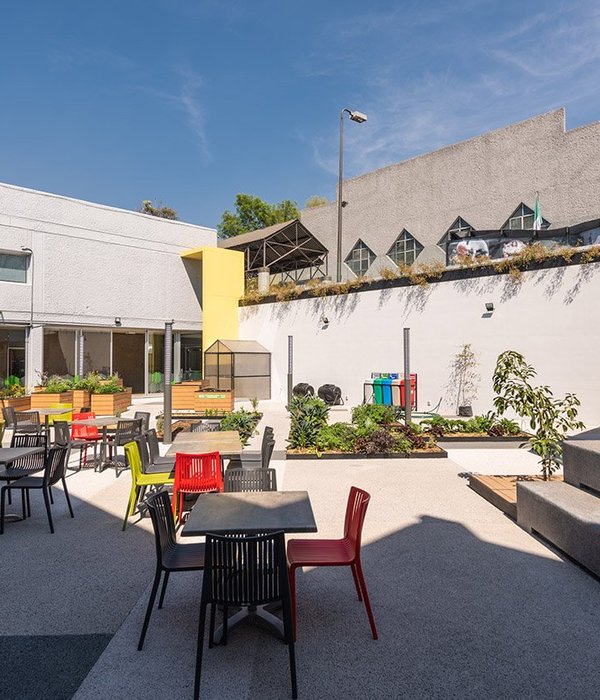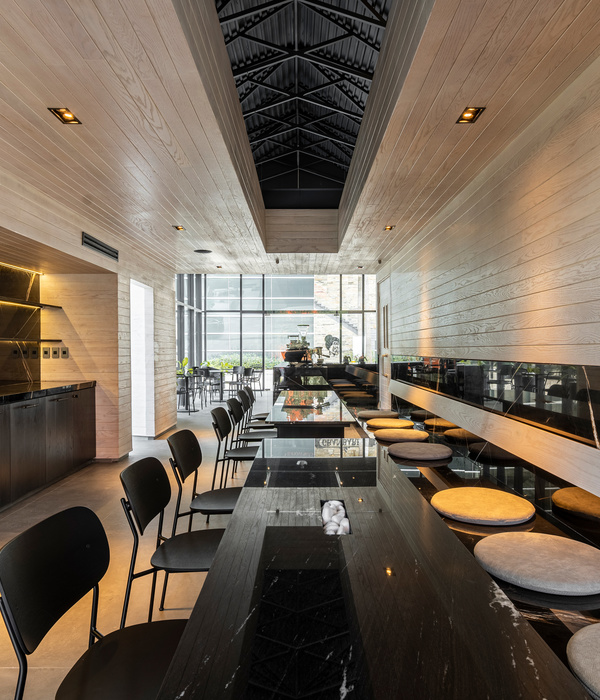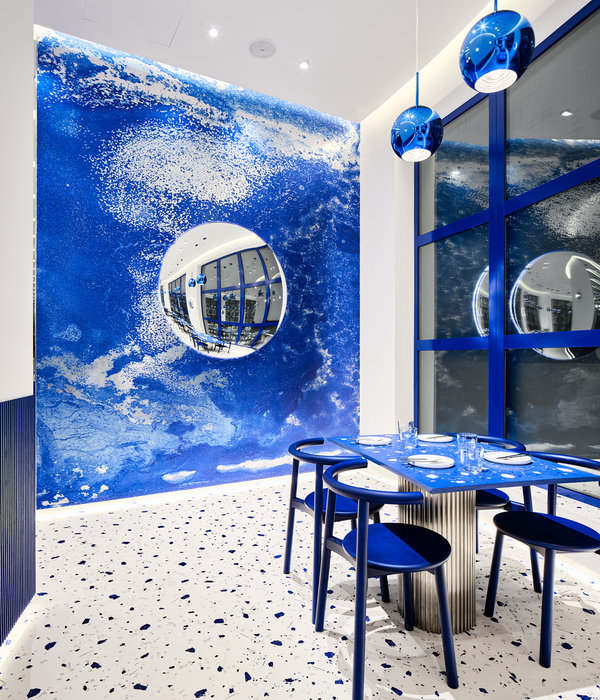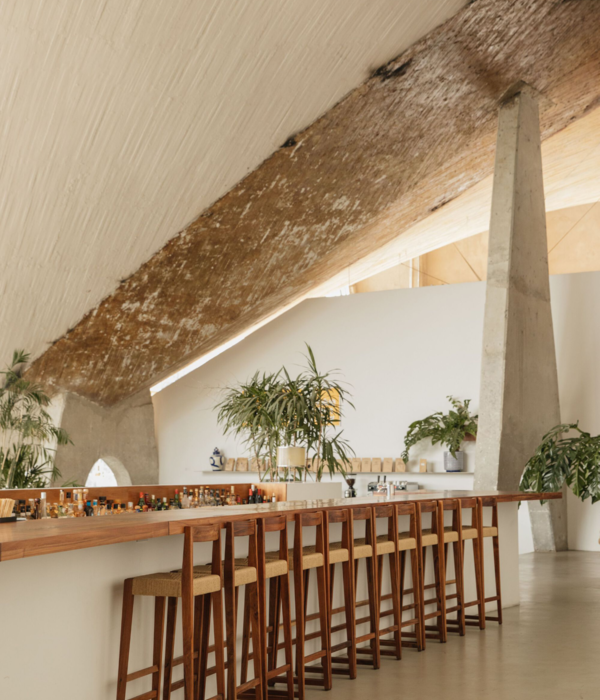不用华丽的文字来表达项目,平白实在才是真理!!!我是KOL“勾勾手刘志广”,用“粤语”来写作!看不明白,请多看香港电视或多唱“粤语”歌。。。
No fancy words to express the project, plain is the truth! !! I am Kol, “gogohands Liu Zhiguang”, to write in “Cantonese”. Do not understand, please watch more Hong Kong TV or sing more “Cantonese”songs. . .
勾勾手刘广智生活记录
GogoHands Liu Guangzhi life record
要进入预制菜行业,我的计划是要先开个茶楼,所以近来在“选点”,2024年,景区投资会降温,我们要把绝大部他产能放到海外的订单上,国内只做一些商业街配套产品,同时我们要为进入“食”这个版块做好前期的准备,因为在国内做生意,现在最有机会成功的还是“餐饮”行业!
My Plan is to open a teahouse first to get into the ready-to-eat food business, so recently investment in 2024 and scenic spots will cool down. We need to put most of our production capacity on overseas orders, domestic only do some commercial street supporting products, and we have to enter the“Food” this section ready for the early stage, because doing business in China, now the most successful or“Catering” industry!
The centralization of the metropolitan area, development of new local cities, changes in industrial structure, and population decline have led to the deterioration of small towns that had once prospered. Regenerating and revitalizing a decayed city is not just about local governments investing in various policies and budgets; private companies are also participating, and the interest of residents is increasing. Among these attempts, 'MBC Empty House 3' is a public-private cooperative commercial venture between Jeonju City, a private company, and a broadcasting station as an approach to solving slums in Palbok-dong, Jeonju, Korea.
建筑效果图
上世纪70年代,Palbok-dong 是代表全州的轻工业区,经历了一波工业化浪潮。Huvis,Munhwa 铅笔和全州纸业仍然位于 Palbok-dong。在制造业复苏期间,这个曾经宁静的农村地区的工厂开始开张,许多人蜂拥至 Palbok-dong 寻找工作。如今,被忽视和遗弃的制造业工厂和工人居住区是帕尔博克洞过去制造业复兴时期的证明。同样,长期代表全州历史和经济的帕尔博克洞,也无法避免迅速变化的国内产业结构,制造业在上世纪90年代衰落,只剩下废弃的工厂和严重的环境污染,成为一个被忽视的领域。
In the 1970s, Palbok-dong was a light industrial area representing Jeonju, experiencing a wave of industrialization. Huvis, Munhwa Pencil, and Jeonju Paper are still located in Palbok-dong. As factories began to open in the once-quiet rural village during the manufacturing revival, many people flocked to Palbok-dong to look for jobs. Nowadays, the neglected and abandoned manufacturing factories and residential areas for workers are a testament to the past manufacturing revival period in Palbok-dong. Likewise, Palbok-dong, which represented Jeonju's history and economy for a long time, could not avoid the rapidly changing domestic industrial structure, and the manufacturing industry declined in the 1990s, leaving only abandoned factories and severe environmental pollution and becoming a neglected area.
{{item.text_origin}}

